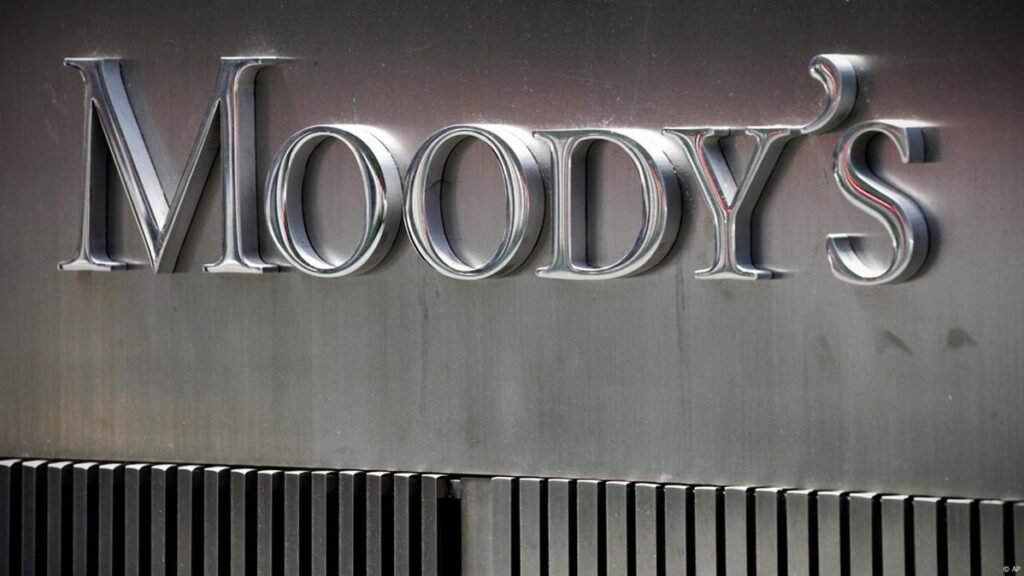Moody’s has published a detailed report on Pakistan’s economy, highlighting potential enhancements in funding opportunities under the new International Monetary Fund program.
According to Moody’s, the IMF program will offer credible financing sources, enabling Pakistan to secure funds from bilateral countries and international financial institutions.
However, the report also underscores significant challenges ahead. Moody’s predicts rising social tensions due to persistent inflationary pressures. The potential implementation of higher taxes and adjustments to energy prices could further strain economic reforms.
Moody’s notes the risk posed by the absence of a robust electoral mandate needed for consistently executing difficult reforms, posing additional economic stability risks. It estimates Pakistan’s external financing needs at approximately $21 billion for the current fiscal year and expects this to rise to about $23 billion by fiscal year 2026-27. The report highlights Pakistan’s foreign exchange reserves, currently at $9.4 billion, as significantly insufficient given these requirements, indicating a fragile external position.
The rating agency emphasizes the difficulty Pakistan may face in implementing effective policies over the next three to five years due to these high external financing needs. Weak governance and heightened social tensions are identified as factors potentially impeding the government’s reform efforts and economic stability.
Despite these challenges, Moody’s acknowledges that the new IMF program could pave the way for improved funding options, offering crucial support to Pakistan’s economy.
By leveraging support from international financial institutions and bilateral partners facilitated through the IMF program, Pakistan could stabilize its economic situation and address immediate external financing needs.


